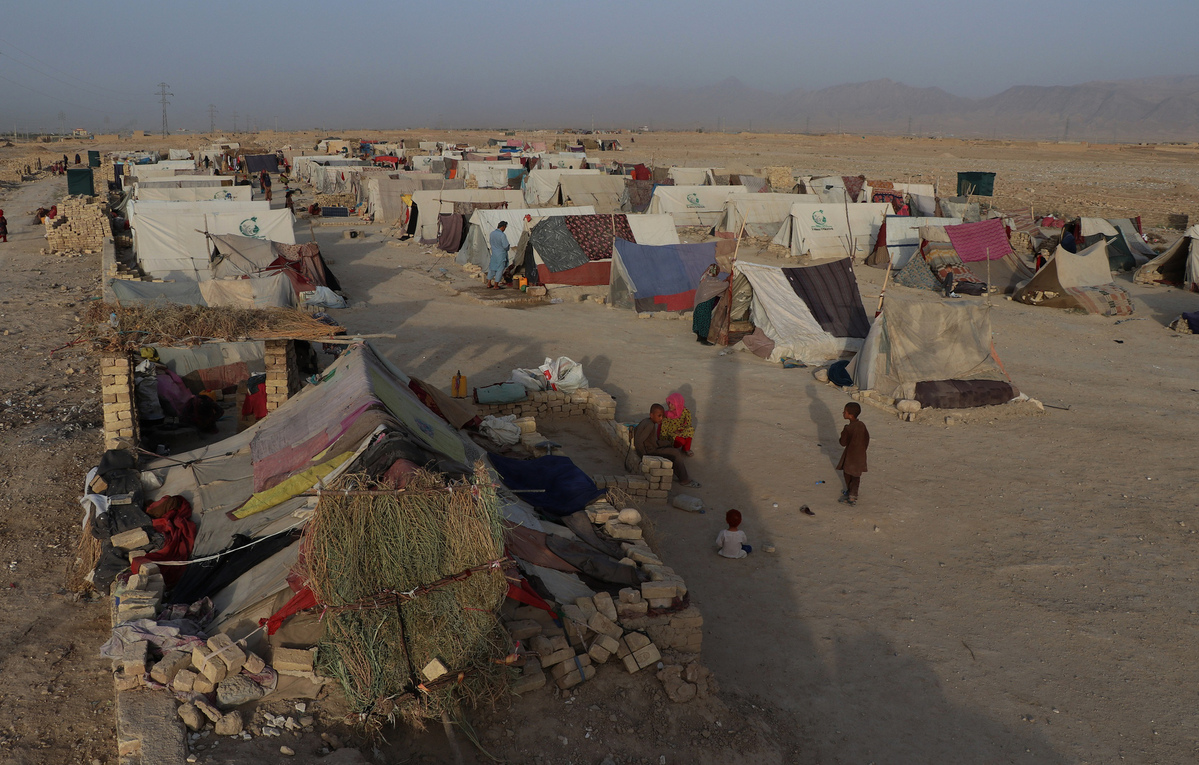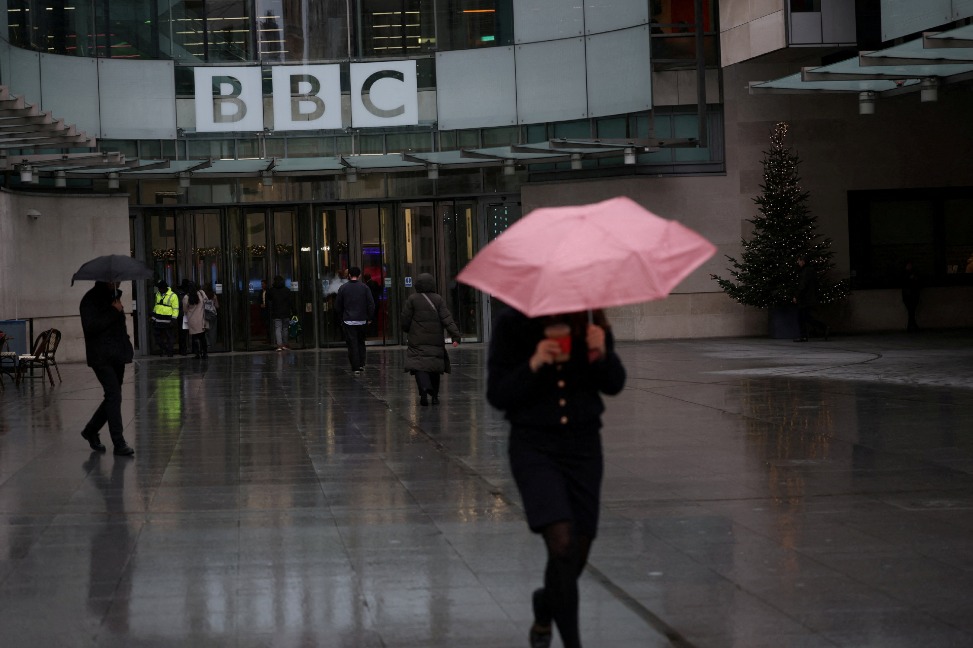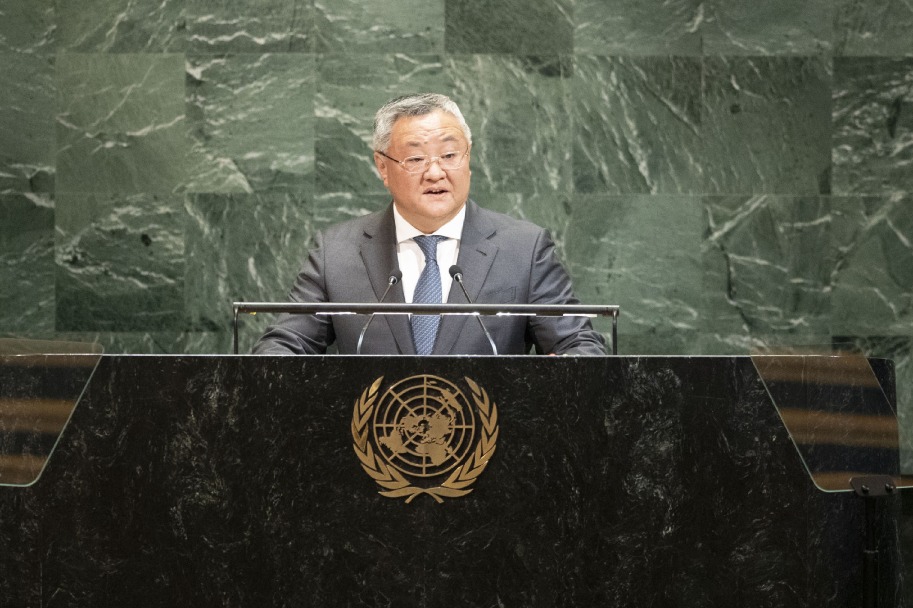West's Afghan failures laid bare


With Taliban's gains, hubris and betrayal feature high on conflict assessments
Gains by the Taliban in Afghanistan have led to deeper soul searching in the US and other Western powers as commentators speak of hubris and even a betrayal of the Afghan people left in the wake of the departing foreign forces.
With the militants seizing provincial capitals seemingly by the day, the assessments on both sides of the Atlantic of the Western intervention are taking on added gravity.
"The rapid advancement of the Taliban isn't a reason to reverse course and stay. It's a reminder of the continued American hubris that leads us to believe that we can mold foreign armies into our own image," US Senator Chris Murphy wrote on Twitter on Sunday after news that another provincial capital had fallen to the Taliban in the north, taking the tally to three by that day.
Chris Hedges, a former Middle East bureau chief for The New York Times, wrote on July 26, in an article on news website ScheerPost, that "the debacle in Afghanistan, which will unravel into chaos with lightning speed over the next few weeks and ensure the return of the Taliban to power, is one more signpost of the end of the American empire".
In the United Kingdom, former general Sir Richard Barrons warned that the withdrawal of Western forces could be a "strategic mistake" and that terrorist attacks could result.
"I don't believe it's in our own interest-in making that decision to leave we've not only, I think, sold the future of Afghanistan into a very difficult place, we've also sent a really unfortunate message to the West's allies in the Gulf and Africa and Asia," he told the BBC.

Rory Stewart, a British diplomat and senior fellow at Yale University's Jackson Institute for Global Affairs, wrote on Twitter on Friday that "too many commentators are blaming the Afghan government/people. This is on us. We did not need to leave so recklessly and suddenly. US and NATO air support was vital, relatively low risk, and sustainable. We could and should have continued support. We are betraying Afghanistan."
In Washington, US officials are reportedly discussing the events in Afghanistan as the Taliban onslaught continues.
US President Joe Biden was briefed on the developments, according to a White House official, and aides were in contact with the US embassy in Kabul, The New York Times reported. Senior Pentagon officials also were reported to have had phone calls about the Taliban advance.
'Worrisome response'
Eric S. Edelman, who served as US undersecretary of defense for policy from 2005-09, wrote on news platform The Bulwark: "As Afghanistan slides into what may be a regime-ending crisis and a return to Taliban rule, the fecklessness of the administration's response is extremely worrisome.
"It is one thing to make a difficult and controversial decision. It is totally another to ignore the consequences and not take ownership of the results."
Despite the Taliban's gains, a US administration official who was not authorized to speak publicly said that the president was not changing plans for the Aug 31 withdrawal of US forces, The New York Times reported. By Monday the Taliban has seized a sixth provincial capital in less than a week, according to Agence France-Presse.
The US ambassador to Afghanistan during the administration of Barack Obama said on Sunday that he doesn't expect US troops to return once they withdraw.
"President Biden has made that clear-we're going out and staying out," Ryan Crocker said on ABC's This Week on Sunday. He said Biden "is now taking complete ownership" of former president Donald Trump's policies on Afghanistan.
However, Marine General Kenneth McKenzie, in charge of operations in Afghanistan as head of US Central Command, has not committed to ending airstrikes by that date, The Washington Post reported.
White House press secretary Jen Psaki said on Friday that recent attacks on Afghan officials raise questions about the Taliban's claim that they seek "international legitimacy" and that the militants "do not have to stay on this trajectory".
On Saturday, the US embassy in Kabul said the Taliban "demonstrate a wanton disregard for the welfare and rights of civilians and will worsen this country's humanitarian crisis".
The embassy also has asked US citizens to leave the country immediately by boarding commercial flights.
Many Afghan cities and about half the country's 34 provinces have been the scene of heavy battles and street fighting in recent weeks as Taliban militants continue their fighting against security forces.
Agencies and Xinhua contributed to this story.































